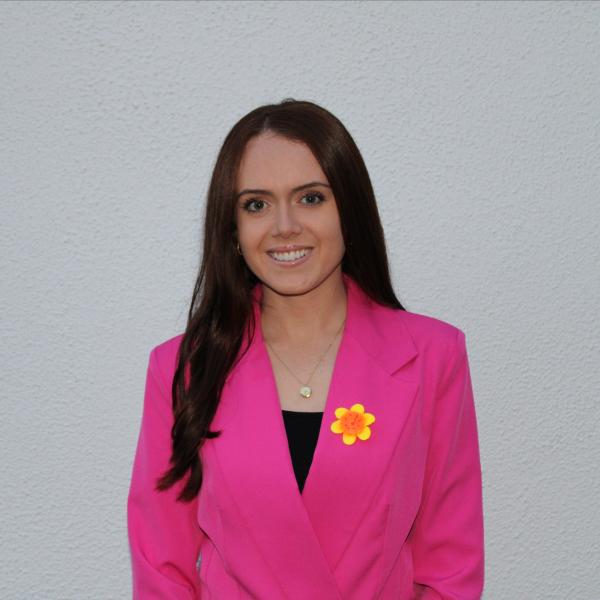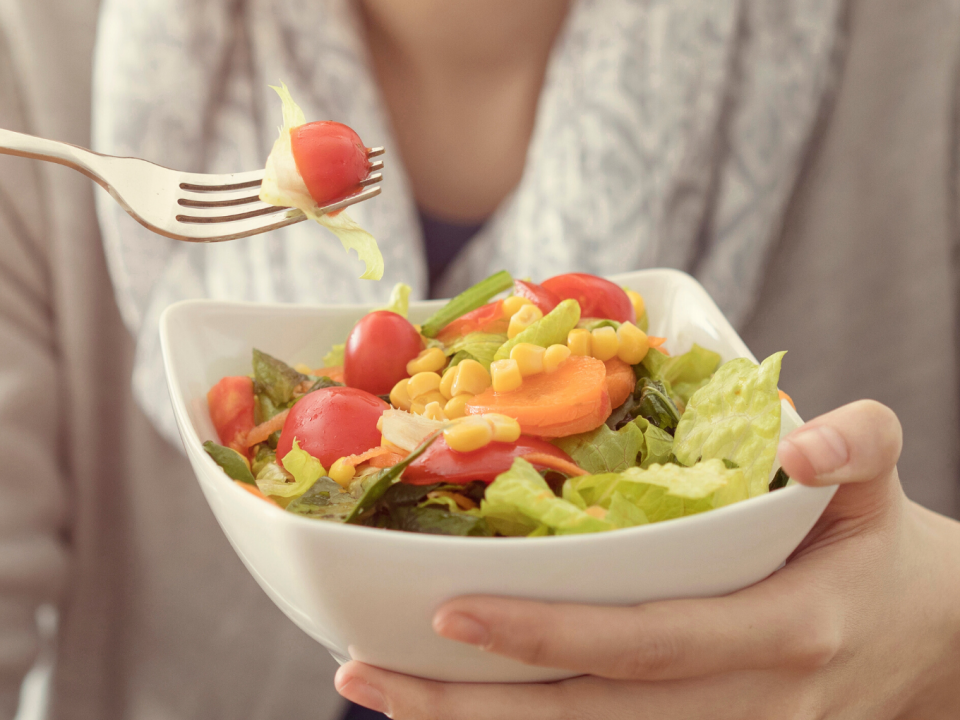Childhood cancer researcher Jennifer Fitzpatrick: ‘It’s a traumatic thing to experience, and I want to help make a difference’

When a teenager goes through cancer treatment, it can often be a bewildering experience trying to figure out how to lead a healthy life again after so much upheaval.
Technological University of the Shannon (TUS) cancer researcher Jennifer Fitzpatrick knows from preliminary research how vital behaviours like healthy eating and physical activity can be for teenagers who have come through cancer treatment.
The Athlone-based researcher was recently awarded the Irish Cancer Society’s €70,000 Nursing and Allied Health PhD Scholarship. She will use this to focus on the question of how teenagers can best be supported to develop healthy behaviours after an extremely difficult treatment journey at such a young age.
There are no specific programmes addressing the physical and dietary behaviour needs of childhood cancer survivors available in Ireland currently, and Fitzpatrick clarified the need for this through conversations with her supervisor Dr Mairéad Cantwell, who has developed a similar exercise programme for adult cancer survivors, as well as staff at Children’s Health Ireland Crumlin.
There are many reasons why a tailored programme would be of benefit to this group, according to Fitzpatrick.
There are lots of long-term side-effects that teenagers may experience after treatment such as an increased risk of cardiovascular disease in years to come. So physical activity has the potential to help reduce that risk, as an example.
“Research also shows that if you engage adolescents in health-enhancing behaviours in terms of physical activity and diet it does carry on into their adulthood. There isn't a lot of research done on health behaviours in childhood cancer survivors in Ireland, so it's quite new.”
The first phase of Fitzpatrick’s project will consist of focus groups and interviews with childhood cancer survivors, their parents or guardians and healthcare professionals involved in the area to help identify the types of supports that they might benefit the most from.
She will then use that information to develop an intervention which will be rolled out to a sample group of patients, with the results examined at the end to prove whether it is effective in achieving the goals set out.

“The more I researched about the experiences of cancer in teenagers in Ireland, the more I realised the need for effective community-based support services for this group.
“I wanted to hopefully help make a difference because it’s a very traumatic thing to experience in childhood, and there are such negative effects associated with it. So if I can help with their lifestyle and improve it even in the slightest and help increase their quality of life, that’s what I’m passionate about.”
She feels fortunate to be supported at an institution with a growing reputation for quality cancer research, as well as by the Irish Cancer Society: “Having support from the Irish Cancer Society and TUS, and having that expertise on hand to help through the journey is phenomenal.
“This project to help improve the lives of teenagers who have gone through a cancer diagnosis simply would not have been possible without the funding provided by the Irish Cancer Society.”
Jennifer is currently interested in hearing from teenagers living in Ireland, aged 12-16 years who have completed active cancer treatment, as well as parents or guardians of teenagers living in Ireland aged 12-16 years who have completed active cancer treatment
If you would be willing to take part in a one-hour focus group (group discussion) on the topics of physical activity, dietary behaviours and recommendations for a health behaviour programme, please register your interest by completing the online form here: https://forms.office.com/r/UhtwtZYZft
The work of Irish Cancer Society funded researchers is made possible through the kind support of the public.
To help support our cancer research please visit www.Cancer.ie/Donate
Contact the Irish Cancer Society Support Line
If you have worries or concerns about cancer, you can speak confidentially to an Irish Cancer Society Cancer Nurse through the Freephone Support Line on 1800 200 700.
Monday to Friday, 9.00am - 5.00pm

For more information
Phone
1800 200 700
